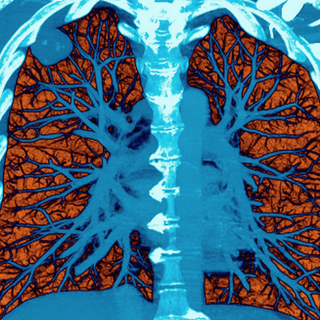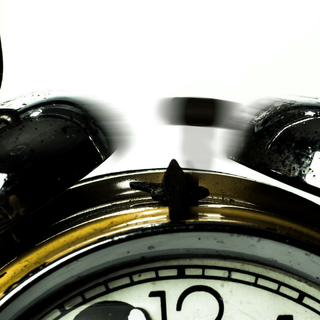Would you jump into a well if your friend did? Definitely, if it were a well of fries, or maybe a well of steamed broccoli. According to research, social media users are more likely to eat food items they think their friends eat.
This study, published in the journal Appetite, asked around 400 research subjects to make inferences about what their online peers were eating, on the basis of the peers’ social media posts and general impressions about peers’ health. This information was then cross-referenced with the research subjects’ current eating habits. Researchers found that people ate more fruits and vegetables when they thought their peers were consuming them and ate more junk food if they assumed their peers were doing the same.
“This study suggests we may be influenced by our social peers more than we realize when choosing certain foods. We seem to be subconsciously accounting for how others behave when making our own food choices,” Lily Hawkins, co-author and a doctoral candidate in health psychology at Aston University, in the U.K., said in a statement.
Related on The Swaddle:
Using Social Media to Cope With Stress May Cause More Stress
The only difference was that people ate one-fifth more portions of fruits and vegetables than their usual meal when they saw their peers eat healthy and one-third more portions of junk when their peers ate junk. This underlines the importance of positive health messaging and behaviors online, researchers said, considering that promoting junk food is more likely to lead to consuming junk food, and thus, more likely to harm health.
Hawkins added, “So if we believe our friends are eating plenty of fruit and veg we’re more likely to eat fruit and veg ourselves. On the other hand, if we feel they’re happy to consume lots of snacks and sugary drinks, it can give us a ‘license to overeat’ foods that are bad for our health.”
An extra plus? Now, we can Instagram the smoothies and salads we (rarely) order with impunity. It’s all for a good cause, eh.




